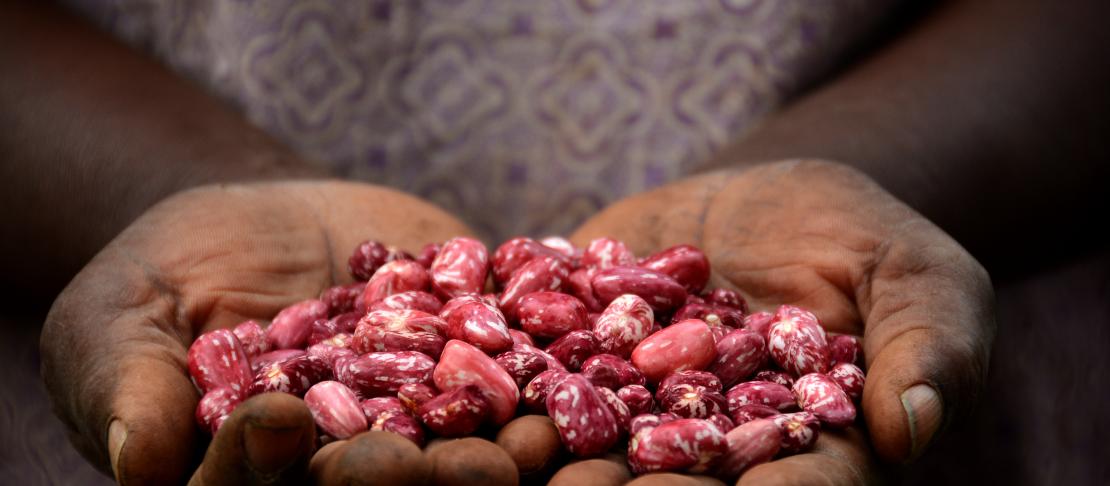Livestock and fish production, consumption of animal-sourced foods, and climate change to 2050

Project description
The International Model for Policy Analysis of Agricultural Commodities and Trade (IMPACT) was designed to examine alternative futures for global food supply, demand, trade, prices, and food security under a changing climate. This work is led by the International Food Policy Research Institute (IFPRI) and CCAFS has since 2011 co-supported significant IMPACT model improvements, as well as several research products using IMPACT results, and related multi-stakeholder trainings. The continuation of this project aims to further enhance the IMPACT suite of models, towards improved analysis of climate change impacts by incorporating, among other things, variability and land-use changes into the model. In parallel, targeted policy engagement with ongoing and new partners under the Global Futures and Foresight Program, using the IMPACT model, aims to inform better decision-making processes. The project aims to build capacity among stakeholders to use IMPACT in their decision-making processes. The project sees this leading to an enhanced institutionalization of strategic foresight analysis covering plausible global futures for agriculture and food security under climate change. The results of this improved analysis will then be used as inputs for improved decisions on climate policy and investment. Furthermore, an established community of practice of biophysical scientists, economic modelers and other disciplines is expected to further contribute to an improved understanding of long-term challenges and opportunities in agriculture and food security at a variety of scales, and to better inform priority setting for investment resources.
Project Deliverables
Journal Article (peer reviewed)
Risk of increased food insecurity under stringent global climate change mitigation policy
Policy brief/policy note/briefing paper
Can Ethiopia feed itself by 2050? Estimating cereal self-sufficiency to 2050
Discussion paper/Working paper/White paper
Long-term simulation of the livestock sector through the IMPACT model
Data portal/Tool/Model code/Computer software
Development of livestock module for the IMPACT model
Discussion paper/Working paper/White paper
Application of the improved fish module to aquaculture scenarios
Database/Dataset/Data documentation
Improvement of fish module for IMPACT model
Journal Article (peer reviewed)
Options for keeping the food system within environmental limits
Journal Article (peer reviewed)
A modelling study on optimal tax levels and associated health impacts
Data portal/Tool/Model code/Computer software
Global Foresight for Food and Agriculture Tool
Journal Article (peer reviewed)
Agricultural investments and hunger in Africa modeling potential contributions to SDG2 – Zero Hunger
Journal Article (peer reviewed)
Gaps between fruit and vegetable production, demand, and recommended consumption at global and national levels
Policy brief/policy note/briefing paper
The palm oil dilemma: Policy tensions among higher productivity, rising demand, and deforestation
Journal Article (peer reviewed)
Key determinants of global land-use projections
Policy brief/policy note/briefing paper
Youth and climate change
Journal Article (peer reviewed)
Combining the effects of increased atmospheric carbon dioxide on protein, iron, and zinc availability and projected climate change on global diets
Database/Dataset/Data documentation
Supplementary data on livestock feed biomass availability developed for the IMPACT Model
Journal Article (peer reviewed)
Agricultural development and land‐use change in India
Discussion paper/Working paper/White paper
Costs of climate change adaptation for the agriculture sector